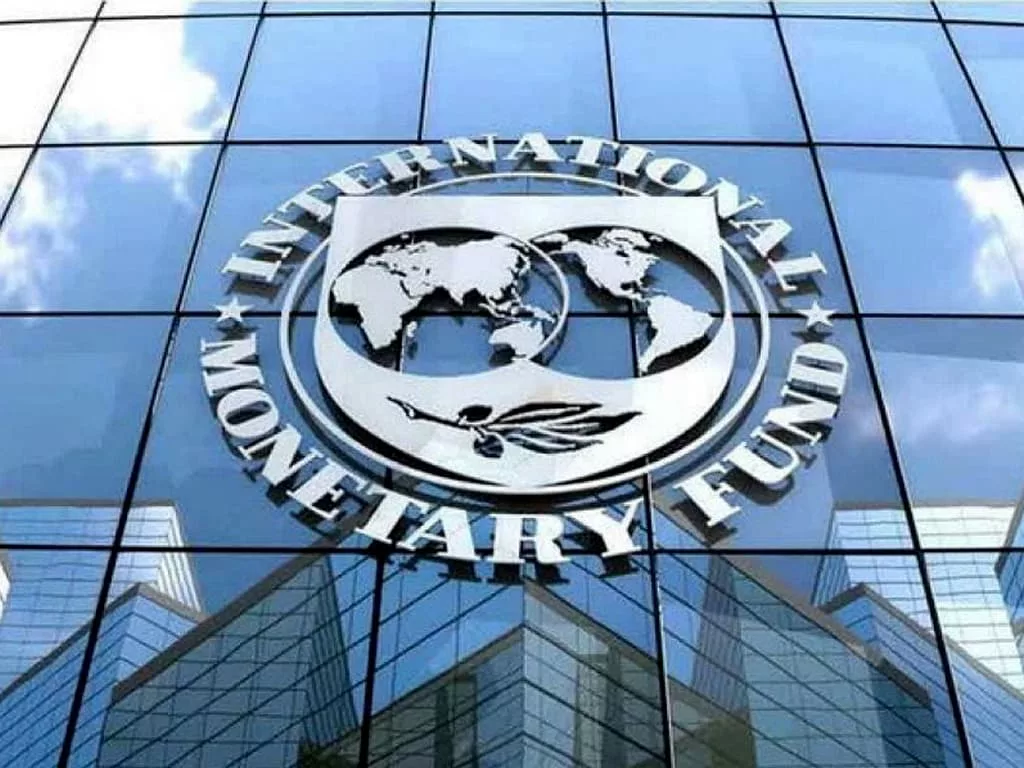The International Monetary Fund (IMF) has advised that global cryptocurrency trading platforms operating in Nigeria should be registered or licensed and subjected to regulatory requirements. This recommendation was made in the latest IMF staff country report for Nigeria, citing concerns about the rapid growth of foreign exchange (FX) trading platforms in the country and its potential impact on financial stability.
The report emphasized the need for global crypto trading platforms to adhere to the same regulatory standards applicable to financial intermediaries, following the principle of “same activity, same risk, and same regulation.”
Furthermore, the IMF called on Nigerian authorities to strengthen anti-money laundering and combating the financing of terrorism (AML/CFT) preventive controls on crypto trading platforms and ensure effective risk-based supervision of these platforms and other virtual asset service providers.
During discussions with the IMF team, Nigerian authorities acknowledged the need to stabilize the FX market through critical reforms. They highlighted the pressure on the exchange rate due to illicit flows via crypto platforms and emphasized the importance of maintaining external stability.
Recent reforms aimed at attracting FX liquidity, such as requiring international oil companies to hold 50 per cent of repatriated oil receipts in Nigeria for 90 days, were highlighted as efforts to achieve this goal.
The Nigerian government admitted that illicit flows through cryptocurrency platforms are contributing to the pressure on the exchange rate and has moved to implement stricter controls on crypto platforms to reinforce compliance with existing FX regulations.
South Africa has been leading the way in cryptocurrency regulation by licensing approximately 60 digital asset platforms, positioning itself as one of the first nations on the continent to mandate permits for crypto exchanges.
Nigeria, which accounts for about 66.8 per cent of Africa’s cryptocurrency interest, has classified cryptocurrency trading as a national security issue. The Central Bank of Nigeria (CBN) directed four fintech startups to block accounts of customers engaging in cryptocurrency transactions and report those transactions to law enforcement agencies.
Earlier in February, Binance, a leading crypto trading platform, disabled its peer-to-peer feature for Nigerian users amid scrutiny from the Nigerian government over allegations of currency manipulation and money laundering.
The Nigerian Securities and Exchange Commission (SEC) called for new cryptocurrency measures aiming to remove the naira as a currency pair from cryptocurrency peer-to-peer platforms during a virtual meeting with the Blockchain Industry Coordinating Committee of Nigeria (BICCoN).





